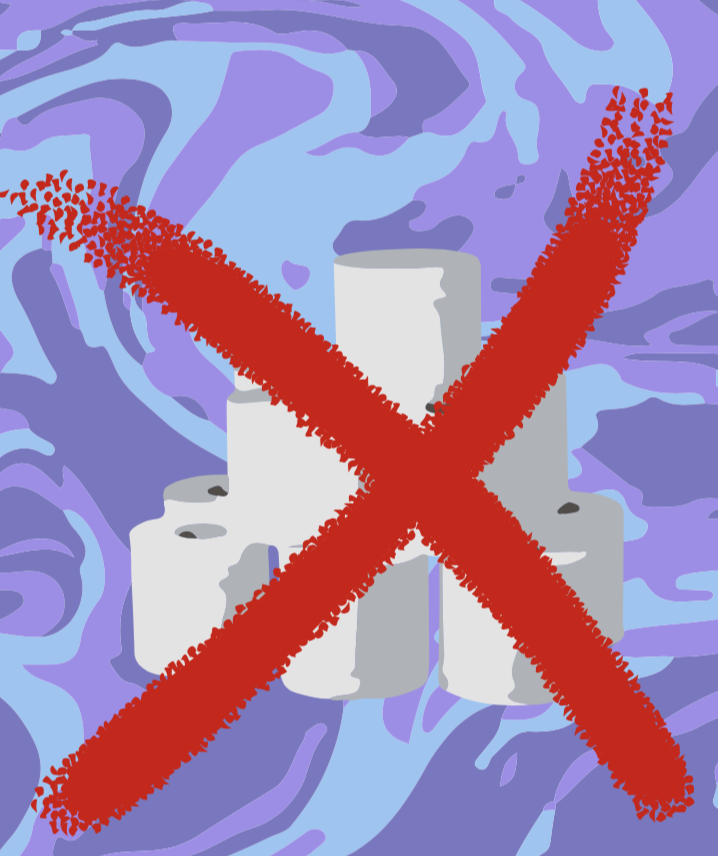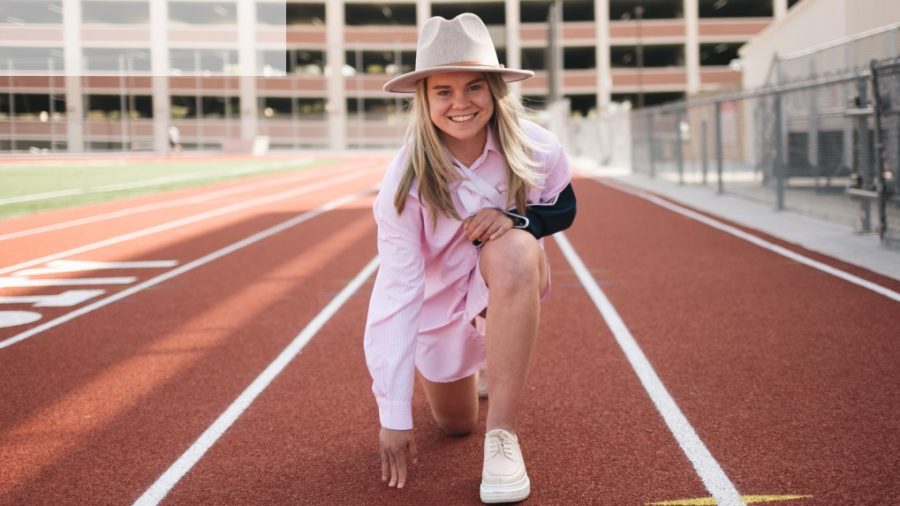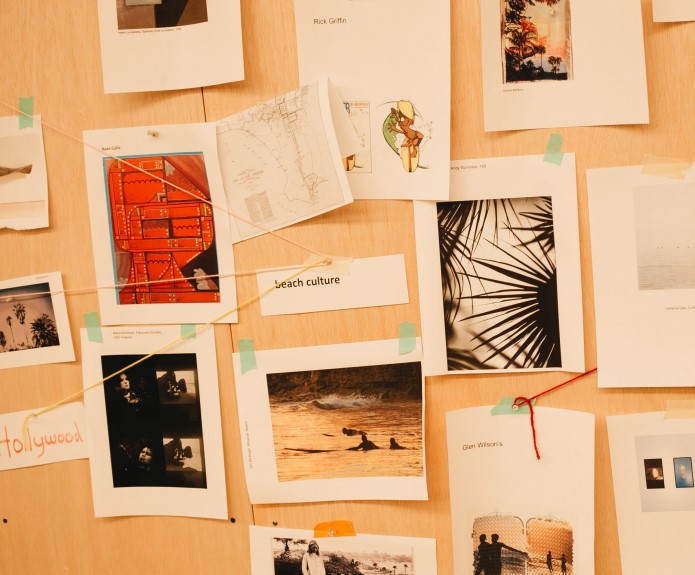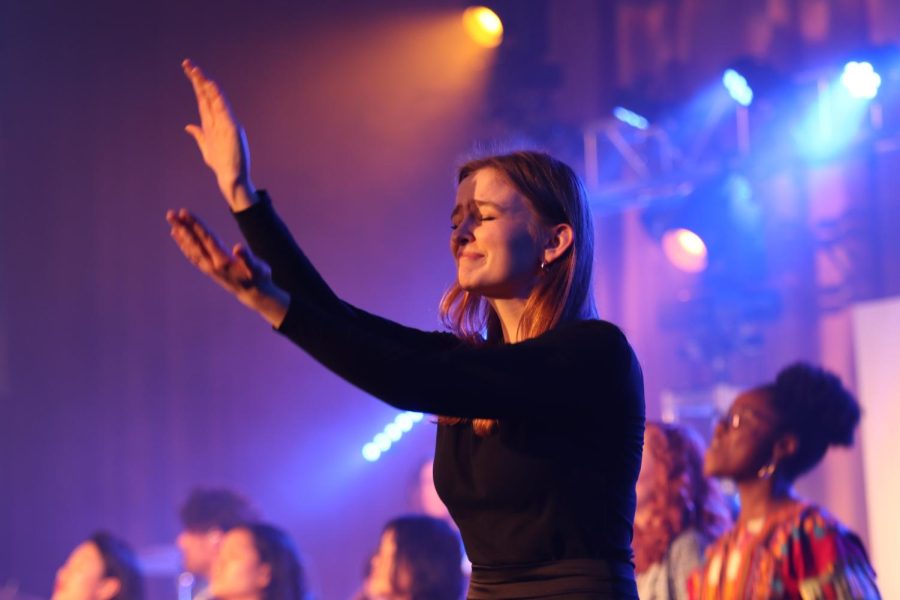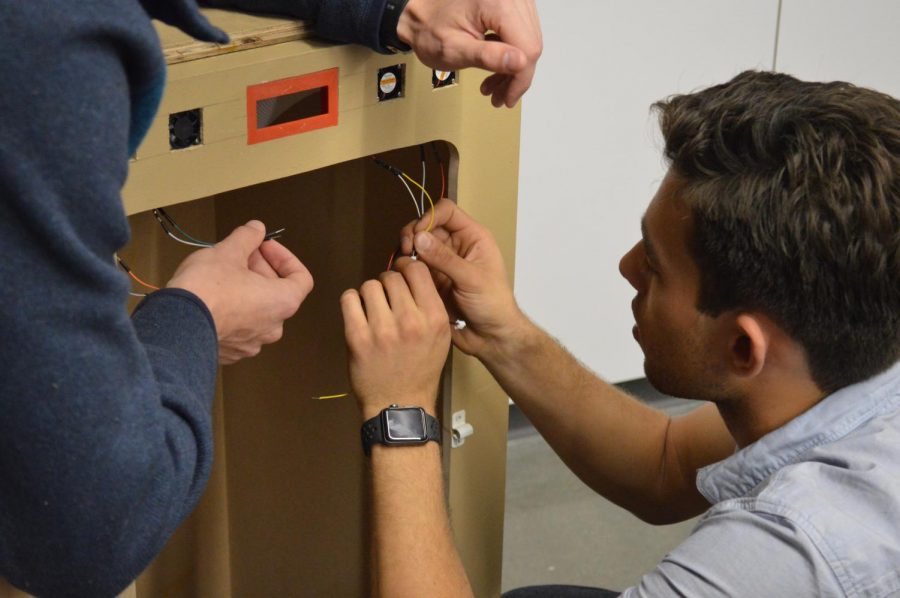(This story was originally published in print on Mar. 12, 2020).
With the outbreak of the novel coronavirus, Americans treat it like the second coming of the Black Plague in the U.S. Although COVID-19’s deadliness is widespread in other countries, it threatens Americans as much as Ebola did—minimally. To expect anything else out of this, admittedly dangerous virus is a country-wide scare blown way out of proportion.
According to Johns Hopkins Medicine, there are currently 761 cases of COVID-19 in the U.S., 27 of which have died. Meanwhile, the common flu infects up to 45 million Americans each year and kills up to 61,000, yet the only publicity given to this clearly deadly sickness is your annual flu season reminder to get vaccinated. If this country is going to worry over an impending pestilence, COVID-19 should not be at the epicenter by far.
This is not to say COVID-19 is not concerning or deadly, but the extreme preventative measures Americans are taking are unnecessary and inconsiderate. USA Today revealed where the risk is most prominent—among those with pre-existing health conditions and the elderly. The people most targeted by this virus need the most aid during these times, yet they are also the most lacking in resources. To reduce needless panic and provide for the imperiled, fear-mongering and self-quarantine tactics must be terminated.
HOARDING DAMAGES SUPPLY AND DEMAND
Across the states, Americans have been buying out coronavirus preventatives, such as surgical masks, hand sanitizer, antibacterial wipes, soap, paper towels and toilet paper. Grocery stores, department stores, pharmacies and dollar stores alike bear rows of empty shelves like a dystopian post-apocalypse. The logic here is to prepare for impending quarantine, but on the grand scale it is counterproductive.
The Boston Globe advises against purchasing an overabundance of medical masks. Not only do medical professionals claim that the masks are helpless to prevent catching COVID-19, but the continual shortage of masks leaves hospitals under-supplied, as well, where the masks are needed the most.
If everyday citizens, who are not pressed to hoard supplies, are finding it hard to refill their bathroom hand soap, the people in real danger have even less accessibility.
FORCED QUARANTINE DISPLACES CITIZENS
Some American citizens have no say in mandatory, preemptive quarantines. Over 55 universities around the U.S. have canceled classes or moved online, according to Forbes Magazine, and many are requesting that students leave campus.
Though it may be wise to transfer classes to online platforms, it is presumptuous to assume college students have somewhere accessible to return to, as well as a means of getting there. Airlines are canceling flights left and right, as the BBC says, partly due to masses of people canceling travel plans for fear of catching the virus and partly because places that are quarantined are not accepting flights into the area. While the intention to keep students safe is present, kicking them off campus could potentially be more dangerous for them if they have no way home.
Schools are not the only ones affected. Nursing homes and senior living centers across the country have closed their doors to visitors in an attempt to protect the elderly from the coronavirus, according to the New York Times. This caution is admirable but unnecessary. It may be understandable for the few care homes in Washington within affected areas, but to apply this method to all homes in all states is wholly unfounded.
Fox8 News covered the recovery story of Leo Masztak, a man in his 80s, who had embarked on a cruise that was infested with the novel coronavirus. Maztak contracted COVID-19 and was quarantined in a hospital in Japan—until he was virus-free. His message to America was to refrain from worrying about the virus too much. Yes, it’s a serious issue, but if an 80-year-old man can beat it, nursing homes without existing infection cases can certainly keep their doors open.
COVID-19 is a tragic virus that has killed people and will continue to kill people—same as car accidents, lighting strikes and influenza. It should be treated vigilantly and prevented as thoroughly as needed, which is to say with the average cleanliness a person should conduct any other day, in any other year. Fear should never stop a person from considering the needs of others, whether that be a neighbor on their last roll of toilet paper, or the college students left stranded because they are unable to return home. This is not a survivalist apocalypse, and if it were, hoarding and isolation would not be the solutions.
So, keep calm and wash your hands.



